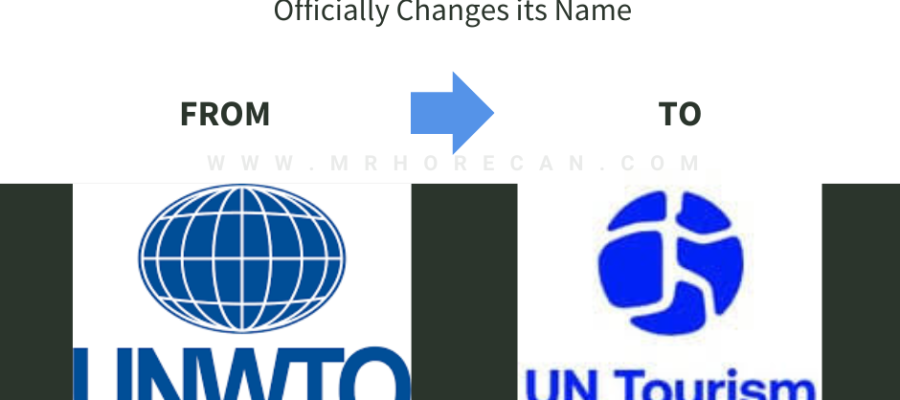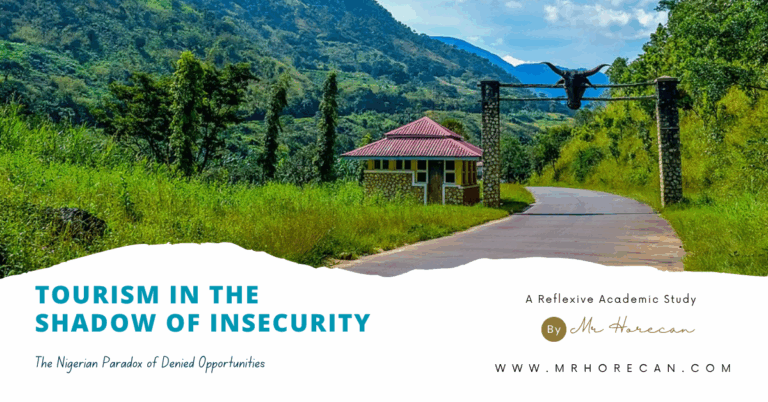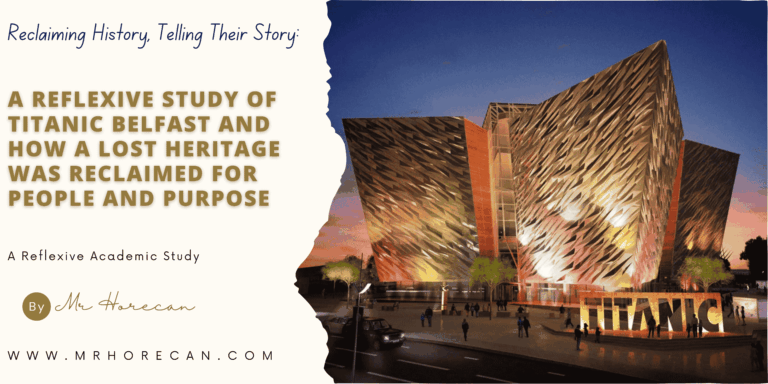
UN Tourism: A Critical Reflection on the Rebranding of UNWTO By Emeka Ihumezie (Mr Horecan)
The recent transformation of the United Nations World Tourism Organization (UNWTO becomes UN Tourism) (UNWTO) into UN Tourism, announced on January 23, 2024, has sparked debates across the global tourism community. While the rebranding signifies a move towards simplicity, inclusiveness, and better alignment with global tourism development, it is essential to critically examine whether this change marks a substantive shift or simply repackages existing priorities.
As someone actively engaged in the tourism sector, I welcome this new development and acknowledge the need for a refreshed identity. However, I am also compelled to ask important questions about the motives and implications behind this transformation. The purpose of this reflection is not to undermine the change but to positively critique and ensure that the rebranding genuinely benefits global tourism, especially for developing countries.
Why the Change? Realignment or Rebranding?
The official statement from UN Tourism suggests that the change from UNWTO to UN Tourism represents more than just a cosmetic update. It is portrayed as a realignment with a modern vision of tourism, reflecting its dynamic nature and its role in connecting people globally. Yet, this explanation prompts some critical questions:
Is the rebranding a true reflection of a broader or updated mandate, or does it simply enhance brand appeal without addressing fundamental issues?
Will this change result in new practical approaches to pressing challenges like tourism inequality, climate change, overtourism, pro-poor tourism, and global poverty?
Does the simplified name genuinely enhance the organization’s global impact, or does it risk oversimplifying the complexities of tourism governance?
As someone who has often confused UNWTO with the WTO, I understand the rationale behind eliminating this ambiguity. The persistent identity crisis between the two acronyms has indeed hindered the UNWTO from effectively communicating its mission. In that regard, I resonate with the decision to simplify the name. However, the concern remains whether a simpler name alone is sufficient to reposition the organization in the minds of those it aims to serve.
"Rebranding offers an opportunity for real transformation—not just a change of name. As a pro-poor tourism advocate, I am curious about how the new UN Tourism will reflect actions on the ground to address global hunger and inequalities."
Positive Critique: An Opportunity for Substantial Change
Rebranding offers an opportunity for real transformation, not just a change of name. Therefore, I question whether we will see improvements beyond visual identity:
Enhanced Mandate: Will UN Tourism now focus more intently on sustainable tourism, addressing overtourism, and promoting community engagement in developing countries?
Increased Reach: Will this change enable the organization to extend its influence beyond policy to practical, on-the-ground initiatives?
Addressing Global Challenges: How will the new brand reflect the organization’s commitment to combating climate change, reducing tourism’s carbon footprint, and fostering pro-poor tourism?
The name change to UN Tourism could indeed signify a more inclusive and accessible brand, but it must also translate into tangible actions and policy changes that resonate with tourism-dependent communities worldwide. Given the organization’s vast resources and networks, expectations are naturally high, and the challenge lies in turning ambition into measurable progress.
Beyond Branding: What Next for UN Tourism?
The new identity must be accompanied by strategic initiatives that reflect the needs of both global and local tourism stakeholders. Specifically:
How will regional offices in tourism hubs like Japan, Saudi Arabia, Brazil, and Morocco translate the global vision into local action in developing countries?
Will the rebranding foster stronger collaborations with grassroots organizations, or will it remain primarily a symbolic change?
How will UN Tourism utilize its new identity to tackle tourism’s environmental and social challenges head-on?
How will the change impact regional representation and ensure that Africa and other developing regions are not sidelined in the global tourism narrative?
The global tourism community has always grappled with issues of inclusivity and representation, especially when it comes to involving marginalized and economically weaker regions. As a pro-poor tourism advocate, I am curious about how the new UN Tourism will reflect actions on the ground to address global hunger and inequalities. Will the organization go beyond policy to support fair remuneration, labor protections, and employee rights in tourism-dependent countries like those in Africa? Therefore, it is vital that UN Tourism actively engages with stakeholders from the Global South and prioritizes pro-poor tourism initiatives as part of its revamped strategy.
Conclusion: Embracing Change with Critical Optimism
While I welcome the shift from UNWTO to UN Tourism, it is crucial that the new brand identity leads to substantive progress rather than just a fresh logo and name. The true test of this transformation will lie in how UN Tourism addresses pressing issues like sustainable development, community integration, and responsible tourism practices. I believe this change has potential, but as the global tourism community, we must hold the organization accountable to its renewed vision.
The journey towards inclusive and sustainable tourism cannot be achieved by branding alone. It requires strategic implementation, inclusive policies, and genuine community engagement. My intention in writing this reflection is to advocate for constructive discourse and to ensure that this rebranding marks a meaningful leap forward in global tourism governance.
I am Mr Horecan, and this is my reflection on UN Tourism.



